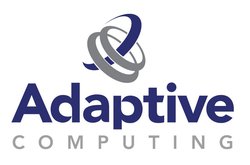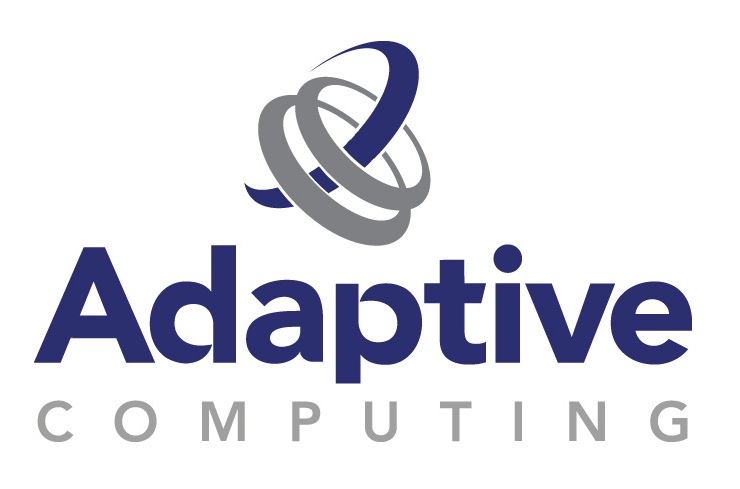
Sept. 6, 2016
By: Michael Feldman
ALA Services LLC has acquired long-time HPC player Adaptive Computing for an undisclosed sum of money. Adaptive will be run as an independent entity under the new ownership and retain the management structure of the current regime, including CEO Marty Smuin.
 Adaptive has operated as a private, investor-backed company in the HPC space for past 15 years, which in this day and age is quite a long run. The company provides workload and resource management tools for cluster computing infrastructure based on its home-grown Moab technology. As a private company, it doesn’t report revenue, but is thought to be in the range of $10 to $50 million per year.
Adaptive has operated as a private, investor-backed company in the HPC space for past 15 years, which in this day and age is quite a long run. The company provides workload and resource management tools for cluster computing infrastructure based on its home-grown Moab technology. As a private company, it doesn’t report revenue, but is thought to be in the range of $10 to $50 million per year.
Adaptive began its life as Cluster Resources in 2001, when brothers David and Michael Jackson founded the company. Its fortunes were based on Moab, a job scheduler derived from the open source Maui cluster scheduler developed in the mid-1990s. The company’s initial focus was HPC, but over the years it branched out into more mainstream markets, including cloud and enterprise computing, areas where the same sort of cluster management tools are needed.
The buyer, ALA services, is a software investment company started by Arthur Allen. In 1986 he founded ASG Software Solutions, a firm that provides software solutions and professional services for businesses. It was built by acquiring an array of software companies – more than 60 all told. In 2015, it filed for bankruptcy under Chapter 11 and subsequently emerged under a new set of owners.
Allen’s newest venture, ALA looks to be something along the same lines, but hopefully will result in a more successful outcome. Currently the company is in its mergers and acquisition phase, using banks and private equity firms to finance its purchases. Its goal is to a build a stable of enterprise software companies, which in three to five years will be able to generate an aggregate revenue in excess of $500 million annually.
ALA will be hands off with Adaptive as far as product development and market strategy goes. Customers can expect the same sort of cluster management and monitoring tools as they have in the past. HPC, as well as enterprise and cloud computing will continue to be its major target markets. According to Adaptive co-founder Michael Jackson, they want to move more aggressively into other datacenter environments that encapsulate cloud access, SOA capabilities, and big data workloads. Despite that, Jackson told TOP500 News that they’re not abandoning their high performance computing roots, and in fact intend to “double down on HPC.”
He thinks ALA can help them do all that since, in addition to being an investment company, it also provides business development capabilities. Those are provided via a shared services model, in which ALA provides general business, sales, marketing and admin support to its acquired subsidiaries. The idea is to consolidate some of these functions across multiple entities to lower overhead and provide a better, more robust business structure. The ultimate goal is to put these acquired companies on steeper growth trajectories without interfering with the underlying businesses.
Such cost efficiencies are a big driver for mergers and acquisitions, especially for successful companies in the sweet spot of seven-digit and eight-digit annual revenues. This seems to be especially true for small and medium-sized software companies, which always seem to get snapped up by larger IT companies or business aggregators like ALA after they reach critical mass. And since the original investors want their payoff, such deals become irresistible to both sides. With its decade and a half of independence, Adaptive held out about as long as it could.
